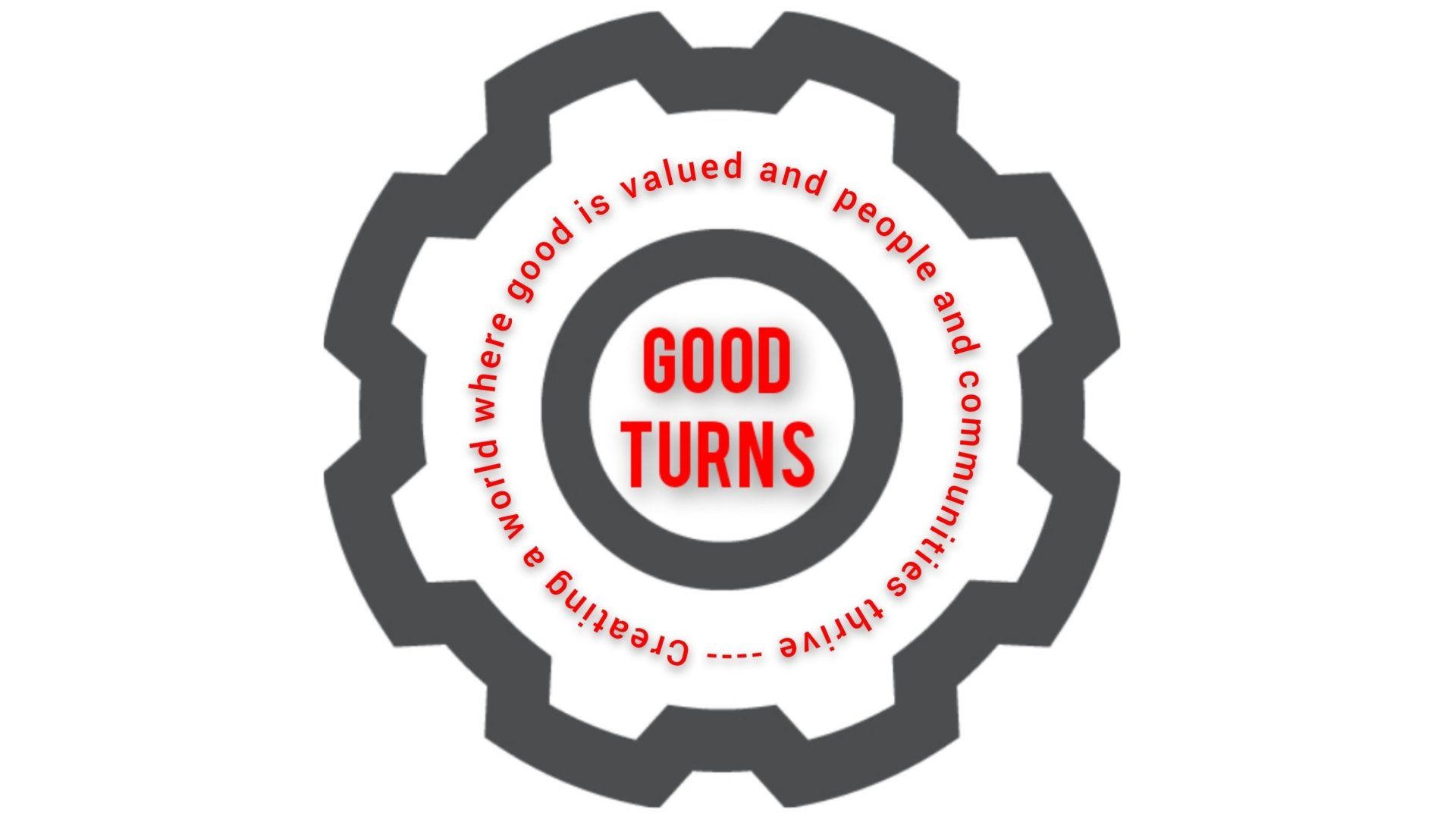
Wellbeing: Happiness, Fulfillment, Purpose and Joy
What is happiness? Is it the absence of unhappiness? ... Mo Gawdat certainly thinks so and I've provided a link to his brilliant talk here. Lots of great insight provided. Here's just a few and how they link perfectly with my thoughts/beliefs too.
Happiness = Events - Expectations
Being scientifically trained I love to solve problems - to 'decode' systems and to try to 'codify' what I 'see' too - and this simple equation chimes very well with my thoughts/experiences.
For instance I often refer to the importance of replacing 'expectation' with 'gratitude', which directly addresses the negative element in this equation (i.e. expectations/demands). This involves being grateful for all we have (e.g. relationships, family, health, food/water, shelter, safety, security, nature), instead of expecting/demanding more and more (e.g. fame, fortune, money, likes, bigger houses, cars, holidays, things).
Similarly, with 'happiness' the 'events' are not the most important thing (n.b. this is good news as we can't change past events), it's our 'perceptions of those events', and how these perceptions 'compare with our expectations'. Both are governed by how we think ... therefore happiness is a choice!
We choose how we think about events (i.e. in a positive or negative way). If we do not receive a job offer, we can get depressed (negative bias) and continue to negatively overthink (e.g. we are rubbish at everything/no-one likes us). Alternatively we can see such an event as a positive signal/steer to tell us this isn't the right 'door'/'time', an 'obstacle' placed in our way to help redirect us to a better path, even if we cannot immediately see it (e.g. Taoism - 'Flow'). 'Failures' are stepping stones to 'success' (positive bias) and provide unique/critical opportunities to learn, to reflect, to rethink and redirect (e.g. look more widely and more deeply).
If our thoughts are deeply unhelpful/flawed (in terms of negative biases) we need to challenge this. For instance, we can do this by restricting our mind/thoughts to only two types; 'useful thoughts' and 'joyful thoughts'. 'Useful thoughts' (which I call 'purposeful thoughts'), are thoughts that lead to action, 'purposeful action' (which leads to fulfillment & long-term happiness). The second, joyful thoughts, involve thoughts related fun and enjoyable experiences (which lead to short-term happiness).
Both are important and 'useful thoughts' are prioritised first. Seeking joy/fun, without purposeful/meaningful foundations in place first (Hedonism), does not result in long-term happiness, and any happiness tends to be short-lived. Purposeful experiences/action on the other hand creates fulfillment, long-term happiness & human flourishing (Eudaimonia/Aristotle).
Removing 'unhelpful thoughts' is important too, and we can do this by asking three questions; i) is the thought actually true? (most of the time it's not & a deeply flawed perception!) ... ii) if it's true what useful action can I take to improve things (purposeful action)? ... and iii) if I cannot usefully/purposefully do anything to improve things, am I prepared to accept this? (which we need to be able to do!)
Seeking joy, without any meaning first, is like taking drugs to mask a pain. It can also become highly additive, and less & less effective (cf dopamine). Meaning/purpose removes the pain, the sources of unhappiness, and replaces is it with a love for life and awe (cf seretonin).
I can also see how the above equation also explains why social media can have a negative effect on wellbeing/happiness too, as it promotes further comparison and increases the need/expectation for 'more' (e.g. more 'things'/more 'likes'/'more experiences'). 'Likes' are effectively a drug, just like dopamine/heroine, and social media companies are looking to lower the age young people start to receive it.
... a fantastic talk, that aligns perfectly with our work, over 2000 years of philosophy, and the very latest psychology and neuroscience too.
David Clift
Purposeful Ambassador®
Co-founder, Purposeful Education
Founder, Good Turns & Purposeful Enterprises
Co-developer of Purposeful Britain and a Purposeful World
© Good Turns Foundation 2024 [GTF13042024_01]

